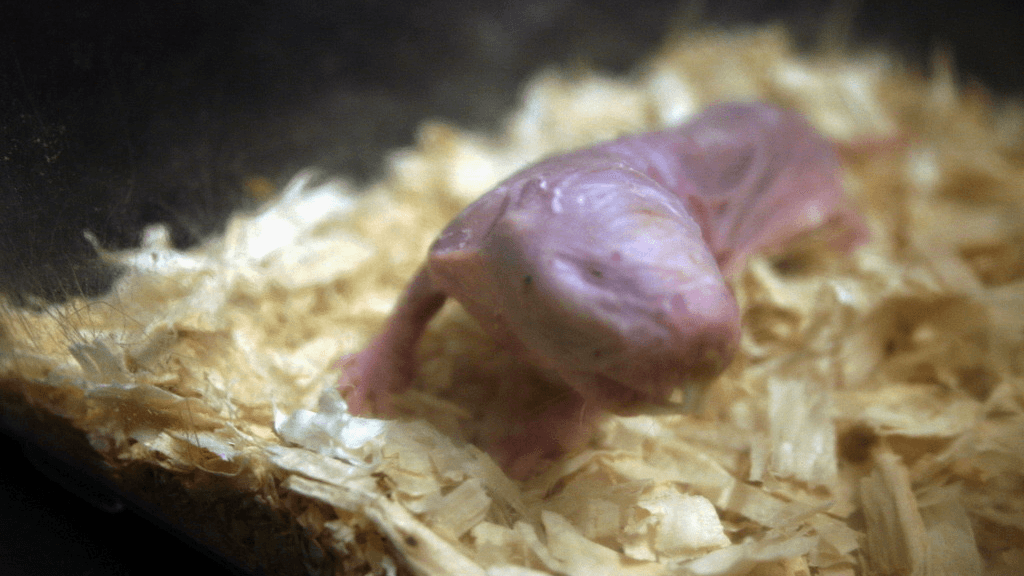Looking for the fountain of youth? Try looking in the tunnels inhabited by naked mole rats
In a recent study, researchers found that naked mole rats appear to defy the traditional laws of aging.
Naked mole rats may not be the most attractive creatures on the planet, but what they lack for in looks, researchers say, they more than make up for in genetic wonders.
The list of biological anomalies tied to these small rodents is long and jaw-dropping. They include the ability to survive 18 minutes without oxygen, a practical immunity to cancer and Alzheimer’s and other diseases associated with aging. They also have the ability to live longer than any animal its size — up to 30 years.
Furthermore, naked mole rats appear to not age based on our idea of aging, says Rochelle Buffenstein, a senior principal investigator at Calico, a Google biotech spinoff in San Francisco. The animals can live up to 30 years, but each death documented by Buffenstein and her team, so far, has been completely random. The mole rats’ mortality rate defies what is known as the Gompertzian laws (named after British mathematician and actuary Benjamin Gompertz) by not increasing with age.
“It means that its chance of dying — if it were one year of age or 30 years of age — is exactly the same,” says Buffenstein, who has been studying naked mole rats for 30 years. She started taking care of a colony of mole rats as a zoology student at the University of Cape Town in South Africa. She is the corresponding author of an academic paper that was recently published on her team’s recent findings.
The paper took data from her collective 30 years of observations. Her colleague at Calico, J. Graham Ruby, a bioinformatics computer scientist, took the data and did a rigorous comparative analysis with basic Gompertzian relationships, Buffenstein says.
"With every study, it came apparent the animals are sort of defying the dogmas and doing things differently,” Buffenstein says. “I got fascinated by the fact that they are very resistant to cancer. We've had only five incidences of cancer in more than 30 years of looking to see what animals are dying from and things like that. So we've been fascinated by all sorts of aspects of their biology and they continue to intrigue us.”
The most calculated problematic stage in its life, she says, is from birth to three months, when obstacles include a lack of sufficient milk or even cannibalistic parents.
“They do, in their first couple of weeks, maybe go through survival of the fittest and then the rest that survive are going to do well,” Buffenstein says.
Buffenstein says that the naked mole rats’ habitat — some of the driest parts of East Africa — and its harsh living conditions with a scarcity of food have most created a series of strange societal structures all with the goal of survival of the species in mind, such as restricting to breeding to one female and a few males within the colony.
It is their near-immunity to cancer that has researchers the most curious about the creatures at a place like Calico, a research and development company owned by Alphabet Inc. (who became the parent company of Google in 2015) whose mission is to better understand the biology behind the science of the human lifespan. Buffenstein calls the mole rat “a model of exceptional bio-gerontological [the biology associated with aging] interest.”
"I think we're at the right place to really get to the answer of why they age so well,” Buffenstein says.
She mentions that Ruby, the lead author on the most recent academic paper, is currently studying the genetics of naked mole rats to see what role genetic variability or genetic integrity may play for them to have such remarkable longevity. Other researchers are beginning to delve into the molecular level, by looking at factors such as mechanisms that prevent protein aggregation diseases like Alzheimer’s.
“We are really trying to delve into cellular and molecular mechanisms to get a good handle on what it is that enables these animals to live as long and as healthy as they do,” Buffenstein says.
This article is based on an interview on PRI’s Science Friday with Ira Flatow.
